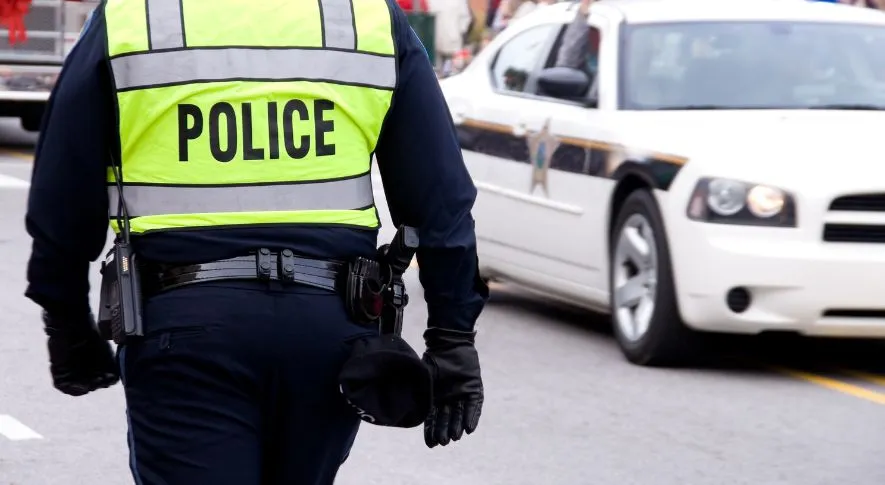
It’s not uncommon to not be as proactive about security with vacation homes as with your home base. Of course, this is a mistake that can cost you time and money.
Here are 3 things you want to do instead for the security of your vacation home.
Establish a Connection
You want to get yourself to local community events often attended by officers. Think neighborhood watch meetings or town hall gatherings where law enforcement shows up.
Then, make the most of casual encounters. When you spot officers patrolling, strike up a conversation. Let them know you’re all about making sure the community and by extension your vacation home is secure. It’s not just about being friendly; it’s about building a positive connection with your name and property. And don’t be shy about sharing your contact info. It’s about keeping those lines open for a teamwork vibe.
For example, say you’re at a community event sponsored by the National Police Association and you strike up a conversation with Officer Smith. You have a friendly chat about common interests and your vacation home’s security needs, exchanging contact details, and setting the tone for future communication.
Smart Security Integration
You want to get yourself a top-notch smart security system. Cameras, motion sensors, alarms – the whole deal – to cover all those crucial spots around your vacation home. For example, set up geofencing to create virtual boundaries around your property.
Then, give law enforcement the keys—figuratively speaking. Share login details and let them see what your cameras see. It’s about arming them with the info they need pronto. In fact, maybe even look into having some local officers get a crash course on your security system so that they know the ropes, understand alerts and be ready to respond in a flash.
Scheduled Patrols
Regular patrols keep potential intruders on their toes and so you want to see what you can do about teaming up with the local police to draft a patrol schedule tailored to your neighborhood.
If they give you the go-ahead, think about when vulnerability peaks and which spots need extra attention and try to give officers information on where to focus and any red flags around your vacation home by sharing insights on patterns or past incidents that can guide their patrol strategy.
Also, it’s a good idea to schedule regular catch-ups with law enforcement, even if only virtual. Discuss any tweaks to the patrol routine or changes in your property’s status. Keeping communication lines open is key.
You want your vacation home to be a place you can go to get away, not worry about safety concerns. So, be proactive about working with law enforcement and try out these tips: establishing a connection, smart security integration, and scheduled patrols.




